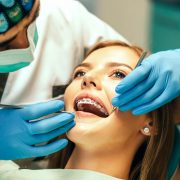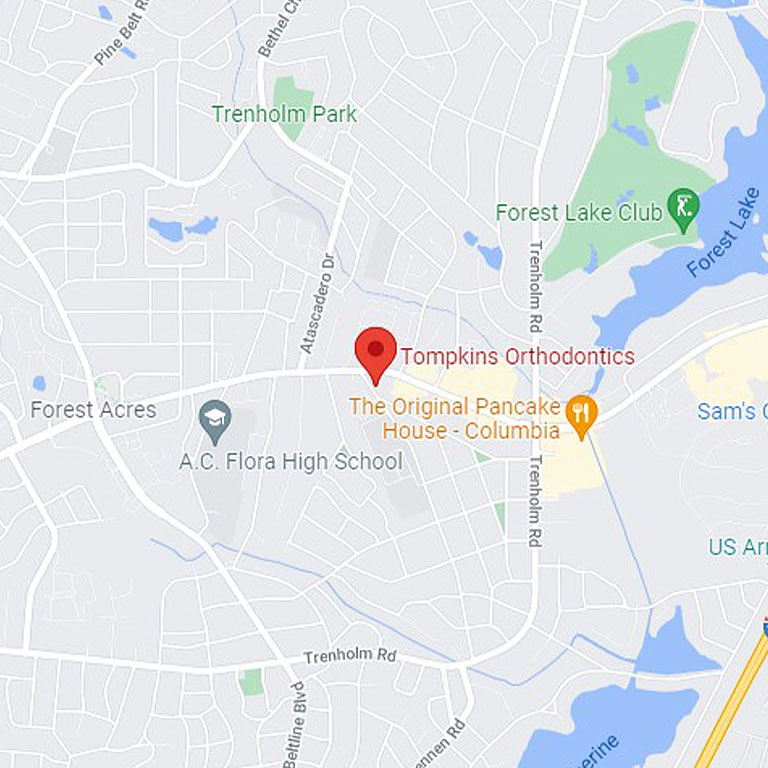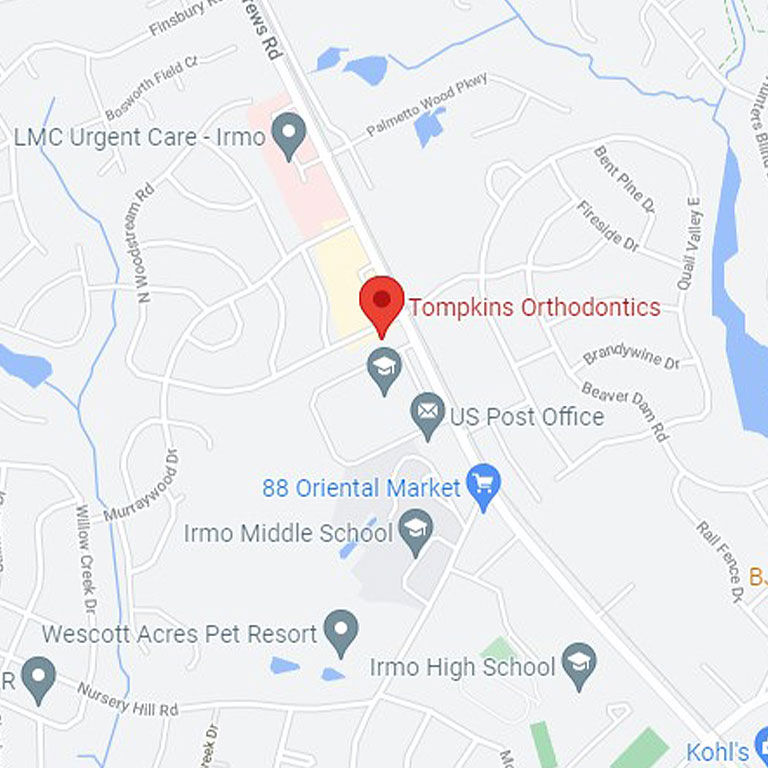Will I Stop Snoring if I Wear Braces?
Snoring is often portrayed as annoying for the people around you, as opposed to a serious issue. While this is true in many cases, there’s more to it than that. That’s why orthodontists in Columbia, SC often insist on straightening their patient’s teeth, mainly if the teeth or jaw obstructs your breathing patterns. Below, we’ll examine whether braces help you stop snoring and why it matters.
Braces and Your Airways
When you breathe at night, your throat tissues and muscles relax. Add in a misaligned jaw bone or crowded teeth, and you can start to see how these issues exacerbate snoring. Pretty much everyone snores at some point, but severe snoring is a breathing problem that needs to be addressed. The less you breathe at night, the worse your sleep quality is.
So, even if you don’t live with someone else, you can still end up suffering due to your snoring.
Braces straighten your teeth and jaw, giving your airways a clear path, so you can stay asleep and breathe without noise. At times, an orthodontist will recommend additional treatments, such as another oral appliance to manipulate the jaw in a specific direction.
Can I Stop Snoring at Any Age?
You likely already know that orthodontia is most effective when you’re young. In fact, many orthodontists will recommend braces for children today as a way to prevent snoring in the future. However, it’s worth noting that orthodontia, including clear aligners, can help you stop snoring at any age. It just may take a little longer for adults than for teens.
Orthodontists in Columbia, SC
If you’re looking to cure sleep apnea and prevent snoring in Columbia, SC, consider how braces can help you solve multiple problems at once. In addition to reducing or even eliminating a common nighttime problem, braces improve your overall oral health so you can enjoy your smile for many years to come. Plus, braces can even inspire you to take additional measures for your health to curb snoring, such as skipping your nightcap or improving your diet. To make an appointment with a qualified team, contact Tompkins Orthodontics for your initial consultation!








